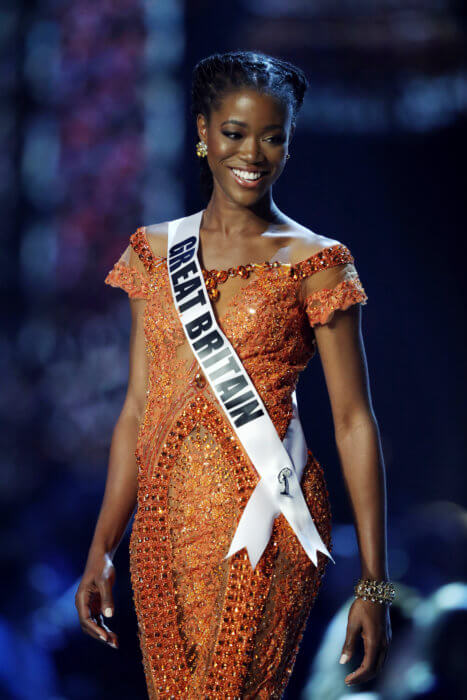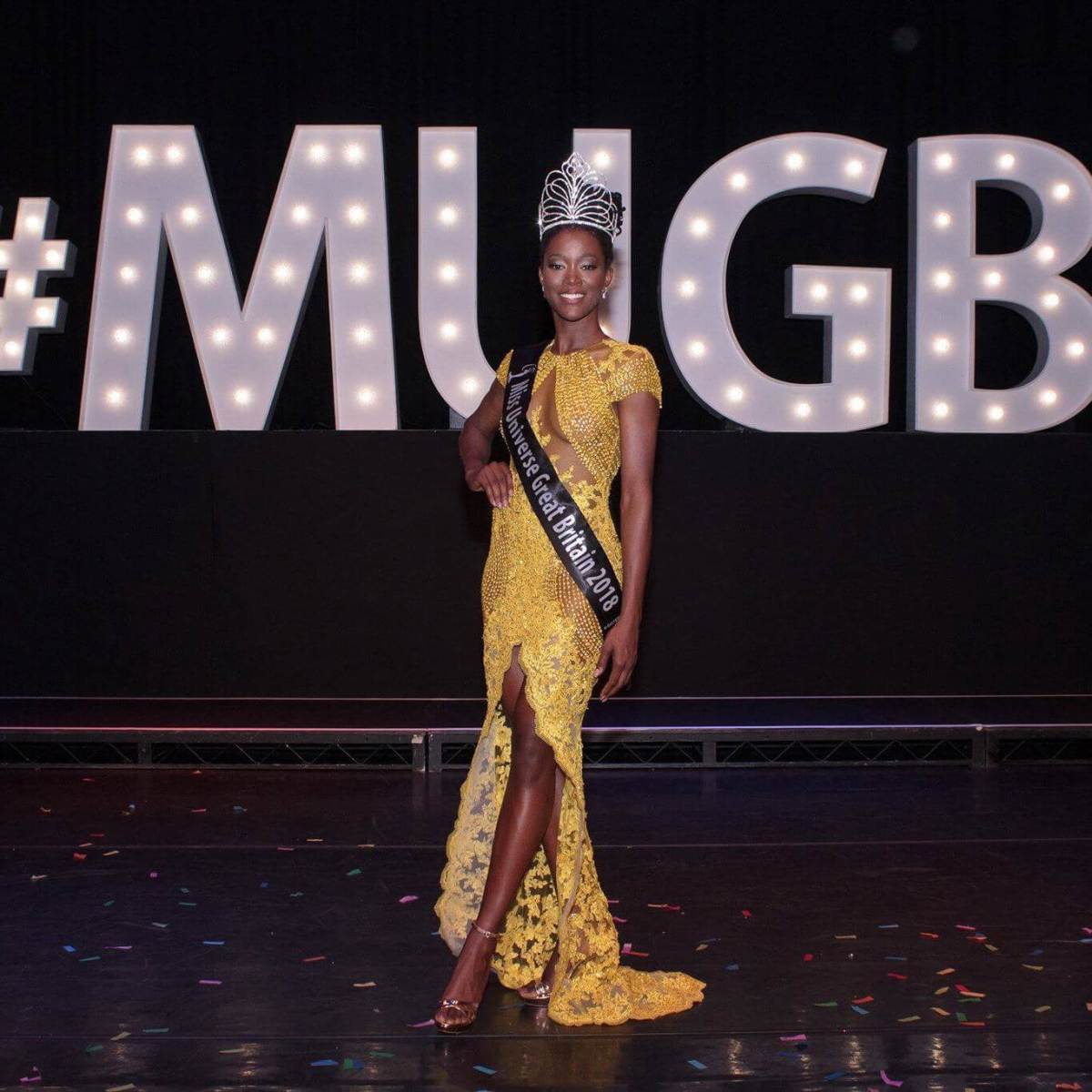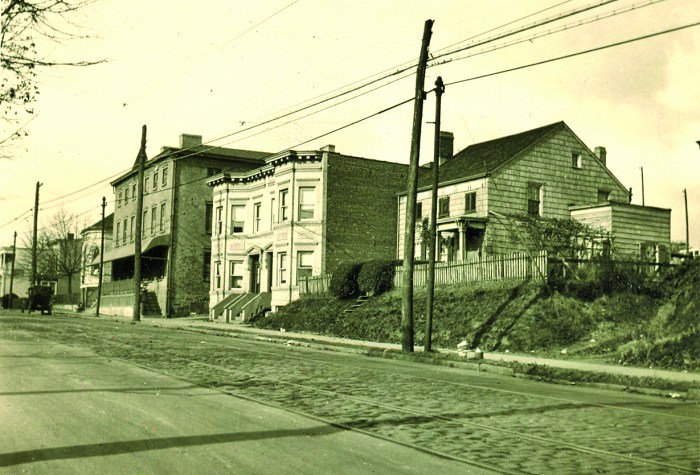After making history as the first Black Miss Universe Great Britain, a young Anguillan lawyer and a former Commonwealth Games athlete has further put her name in the tiny Caribbean island’s annals by defeating Premier Victor Banks in her ascendancy to cabinet minister.
In a stunning election triumph, Dee-Ann Kentish-Rogers, 27, on June 29, defeated Premier Banks, 72, for the Valley South seat. Banks had held on to a seat in Anguilla’s House of Assembly for more than four decades.
Anguilla, a British Overseas Territory, is one of the most northerly of the Leeward Islands in the Lesser Antilles, lying east of Puerto Rico and the Virgin Islands, and directly north of St. Martin.
The territory comprises the main island of Anguilla, about 16 miles (26 kilometers) long by 3 miles (5 km) wide at its widest point, together with a number of much smaller islands and cays with no permanent population. The territory’s capital is The Valley. The total land area of the territory is 35 square miles.
Kentish-Rogers, who grew up on “a humble farm” on Anguilla, and her Anguilla Progressive Movement (APM), won seven of the 11 seats in the general elections last Monday.
She told Britain’s Daily Mail that she was still “drunk on sleeplessness” from lengthy celebrations after a campaign in which her opponents tried to dismiss her as “nothing more than a pretty face.”
“It’s just lazy prejudice,” Kentish-Rogers said. “It was definitely there during the campaign. There was a feeling that I’m not prepared, that because of my past in Miss Universe, I couldn’t qualify as an opponent.

“But it was actually becoming Miss Universe GB (Great Britain), rather than a barrister (lawyer), that stirred me to take a more active interest in social development,” she added. “Many people see beauty pageants as the antithesis of feminism, but I used my role to highlight female genital mutilation and acid attacks.”
As a teenager, Kentish-Rogers ran the 400m at the 2010 Commonwealth Games in Delhi, India for Anguilla, then followed her father and aunts into law, travelling to England to study at Birmingham University, according to the Mail.
While still a student, Kentish-Rogers competed at the 2014 Games in Glasgow, finishing 11th in the heptathlon, the Mail said.
Earlier, she was a pentathlon bronze medalist at the 2012 CARIFTA Games in Hamilton, Bermuda.
After completing her law degree, Kentish-Rogers returned to Anguilla, whose population is about 17,400 (July 2018 estimates), becoming Miss Anguilla in 2017 before a second spell in Birmingham to complete her legal qualifications. She was called to the Bar a year later.
By that time, the Mail said she had set her sights on the Miss Universe GB competition and won the title that same summer, going on to compete at the global final in Thailand.
The significance of becoming the first Black woman to win the British crown passed her by initially, she said, but now she feels “privileged” to be a role model, according to the Mail.
“When people tell me that I’ve been an example to their daughters, those messages floor me and make me understand what an honor it is to inspire others by becoming the first Black winner,” Kentish-Rogers told the Mail.
After gaining an insight into British politics while in Birmingham, Kentish-Rogers said she and the APM want to address corruption on the island.
But, in the short term, her job, as the new minister for social development and education, is to help Anguilla grapple with a financial crisis caused by coronavirus (COVID-19), according to the Mail.
It said that although the island is now free of COVID-19, it is still closed to tourists.
In a Facebook post on July 3, Kentish-Rogers thanked Anguillans “for the confidence you have placed in this team.
“As we said on the campaign, we knew that change would come but that it would not be easy,” she said. “For those who continue to be divisive, my hope is that time will bring you to the table to work with us; for, if we fail, we all fail.
“I would also like to thank all those who I knew from the inception had different views about Anguilla’s political direction but have exhibited great maturity, and have extended olive branches and expressed their interests to work together in Anguilla’s interest first,” Kentish-Rogers continued.
“We are different; we always have been and always will be,” she said. “However, ‘different’ shouldn’t divide us but unify us, because ‘different’ is an asset.”
























